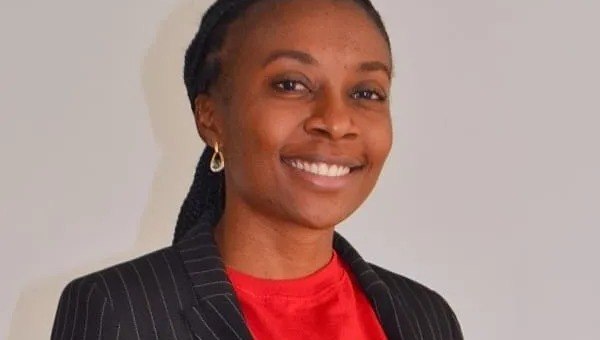Make International the Norm: JCU Student Camila Mosier
Camila Mosier was born and raised in El Paso, Texas. She moved to Rome in 2018 to study International Affairs with a minor in Legal Studies at John Cabot University.

Camila Mosier
What brought you to JCU?
As a child, I’ve always been exposed to ideas from different cultures and countries. In fact, my father is American, and my mother is Mexican. Therefore, my family has always encouraged me to develop a spirit of internationalism, especially in my education. My goal after high school was to find an international school abroad that provided an American curriculum. When I found John Cabot University online in May 2018, I immediately came to Rome to visit. It was love at first sight. Even though leaving Texas to move to Italy has been a big leap for me, Rome welcomed me with open arms.
What are the main benefits of studying abroad in Rome?
At JCU you get the chance to meet people from very different backgrounds. Moreover, having the possibility of living abroad is a great asset if you are pursuing international studies. This is what made me realize that I wanted to graduate from an international school. You can always go back home for your master’s or your job, but if you have the opportunity to have such an experience abroad, you should really take advantage of it.
JCU has an international faculty with professors from all around the world. I think a lot of people often take for granted how much this aspect impacts education. It’s a completely different experience than having classes with people who share the same perspective and environment. A unique characteristic of JCU is that it encourages us to value standing out more than fitting in. Here you are constantly challenged to think outside the box.
What are the advantages of studying International Affairs in Rome?
In Rome, you can definitely grow your professional network with a lot of international organizations. Furthermore, JCU offers a variety of internships to make students enter the labor market and put into practice what they are learning. Last but not least, you are in an environment where internationality becomes normality.
To study International Affairs in the US means to have a very Americanized view of it. On the contrary, at JCU you get a fully international perspective. Even if you take a class on a specific topic, such as American Foreign Policy, you will have people coming from several different nationalities expressing their own point of view.
What made you decide to minor in Legal Studies?
The minor in Legal Studies provides students with a broad overview of the vast field of law while encouraging deep and specialized investigation of selected areas within it. I decided to minor in Legal Studies in order to have an awareness of how the law works. This, in turn, will give me the possibility to apply for an internship within the field of law in the near future.
Tell us about your experience in the Model United Nations. What has been your biggest challenge as Deputy Secretary-General? What are your future projects?
JCUMUN is the annual Model United Nations Conference at John Cabot University held for High School and University Students across the world. JCUMUN’20, the conference held last February, offered 114 University students from 12 different universities across Europe and North America the opportunity to develop their diplomatic, negotiating, and conflict-resolution skills as well as their knowledge of international politics to solve current international problems in the United Nations.
This experience was extremely challenging for me because I had to learn to work with institutions in a project that was much bigger than what I was used to. It was definitely a test not only for me but also for each member of JCUMUN. However, it was a success, and for this reason, we are planning to organize a second conference next year.
What would you like to do after graduation?
I’m not entirely sure of where the future will lead me. I am considering several different graduate programs. The only certain thing is that I will apply to a Master’s in Public Policy or Law.





